It’s something which we can’t live without; an essential ingredient of existing as a human being from the day you are born until you meet your Maker.
Yet, for most people, food is something to be taken for granted or scarcely thought about. We grab a sandwich, boil an egg, order a pizza, watch Masterchef and strive to emulate the cognoscenti, or switch off the TV as soon as Gregg Wallace turns up.
Prof Alexandra Johnstone doesn’t view matters in that light. On the contrary, as a member of the Rowett Institute’s executive committee in Aberdeen and theme lead for nutrition, obesity and disease, she realises that what we consume, when, where and how we eat it and how much it costs are burning questions for so many of us.
Is the UK the sick man of Europe?
She’s the opposite of an academic dwelling in an ivory tower, as I discovered when I met her in her office. The subject is at the top of the agenda, whether it’s in the UK Government’s plans to ban junk food advertising and access to chips with everything, to the rising problems posed by the cost-of-living crisis.
And Alex, as she is happy to be called, didn’t hold back about the impact of the latter and the aftermath of the pandemic in a week when Britain was described as the “sick man of Europe” in a new report which highlighted serious concerns about a rise in the number of people off work due to long-term illness.
It argues that challenges facing the nation have reached “historic proportions”, according to the Institute for Public Policy Research.
She said: “It is a very stark reality and you just need to go to different communities to see what the challenges are. It could be access to food if you think about the rural environment, it could be cost, it could be accessibility, so these are all different issues which need to be addressed for the UK to have a healthier population.
“It’s interesting that the UK Government seems to be targeting young people and children with their recent statements on junk food advertising.
“So that’s going to be banned, while they are also devising policies around product placement in supermarkets. These are all about changing the food environment to make it easier for families and children to make healthier choices.”
Boris Johnson promised the same
Alex smiled – or was it a grimace? – when I mentioned that former PM, Boris Johnson, had talked about introducing similar initiatives when he was in Downing Street.
But she replied: “I agree with your sentiment that we’re reinventing the wheel, but I sincerely hope these policies will be followed through and supported by the government. This is incredibly important work and I think it can make a difference.”
However, there are no easy answers to these issues. With energy prices poised to rise again next month, even as food bank usage increases across the country, Alex is aware that many in the region are confronted by the invidious choice of heating or eating.
And, without stepping on any political eggshells, she reacted with humanity to those who occasionally wonder where their next meal is coming from.
‘We need a different food environment’
She said: “It’s a terrible situation to be in that you can’t afford to buy the food that you need to feed your family.
“We need a different food environment that supports families, and mothers, to be able to create healthy, environmentally and culturally acceptable foods that allow people to feed and fuel themselves and their families.
“And that’s what I call the paradox of obesity. It’s having access to healthy food which is not limited by income. It’s not a question of having 24-hour access to supermarkets, it’s about what funds are available to you.
“If you speak to most people and ask them to make a self-assessment about their quality of diet, most will be able to identify areas in which they could improve.
You can have the occasional treat
“And that has to be backed up over a prolonged period to gain the benefits of shifting towards a more healthy and balanced diet.
“Every eating episode is an opportunity to positively improve your health. That’s not to say that you can’t enjoy treats now and again, but we don’t need them all the time.”
Alex joined the Rowett as a Masters student in the 1990s and, at that stage, insists she had no intention of choosing research as a career path.
Yet it’s a measure of the strides which she and some of her colleagues have taken that a portrait of the institute’s first five female professors, created by Dundee artist Maggie Milne, was unveiled on International Women’s Day in 2022.
Being part of a team is so positive
The piece, which depicted Baukje de Roos, Lora Heisler, Jennie MacDiarmid, Lynda Williams and Alex, was an indication of the progress which has been made.
But the Caithness native, who grew up in Golspie before moving to Aberdeen, isn’t interested in personal glory or hogging the limelight.
In her eyes, it’s a team effort where volunteer support is invaluable.
She said: “I love the job and I especially enjoy leading a team and encouraging young people to find opportunities and create pathways of their own.
“I’ve been at the Rowett for more than 25 years and have been here long enough to see significant changes and women having an equal partnership.
‘The Rowett is quite unique’
“I promote that, but I also promote equality for all and the Rowett is quite unique because we are so diverse. There’s the chance to continuously learn from others.
“I think it’s really important that the research we do is translatable into the real world and, in the past, that has occasionally involved supermarket shelves.
Alex was approached by M&S to spearhead a collaboration to advise and guide the company in its development of a new food range, Balanced for You, which was produced after extensive research with human volunteers. And the quest carries on.
This weekend, she and her colleagues will be involved in the latest TechFest as part of a family event which will include hands-on workshops on zero-waste cooking, making meals on a budget and healthy and sustainable food.
And now she’s looking for volunteers for another project.
Can you help Prof Alex Johnstone out?
She explained: “We’re running a new study on time-restricted eating and want to recruit people to take part. It’s a small study – we’re looking for 10 males and females who want to lose weight.
“People can contact us through the Rowett website (abdn.ac.uk/rowett/). My research wouldn’t be possible without the input of volunteers.”
This is not just top-class scientific work.
This is the Rowett pushing the boundaries and planning for the future.
The TechFest programme can be found at: techfest.org.uk
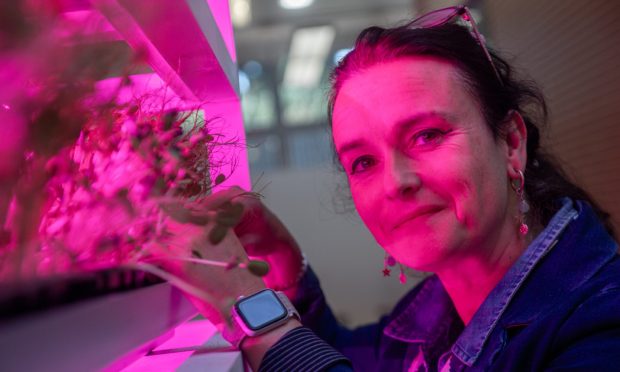
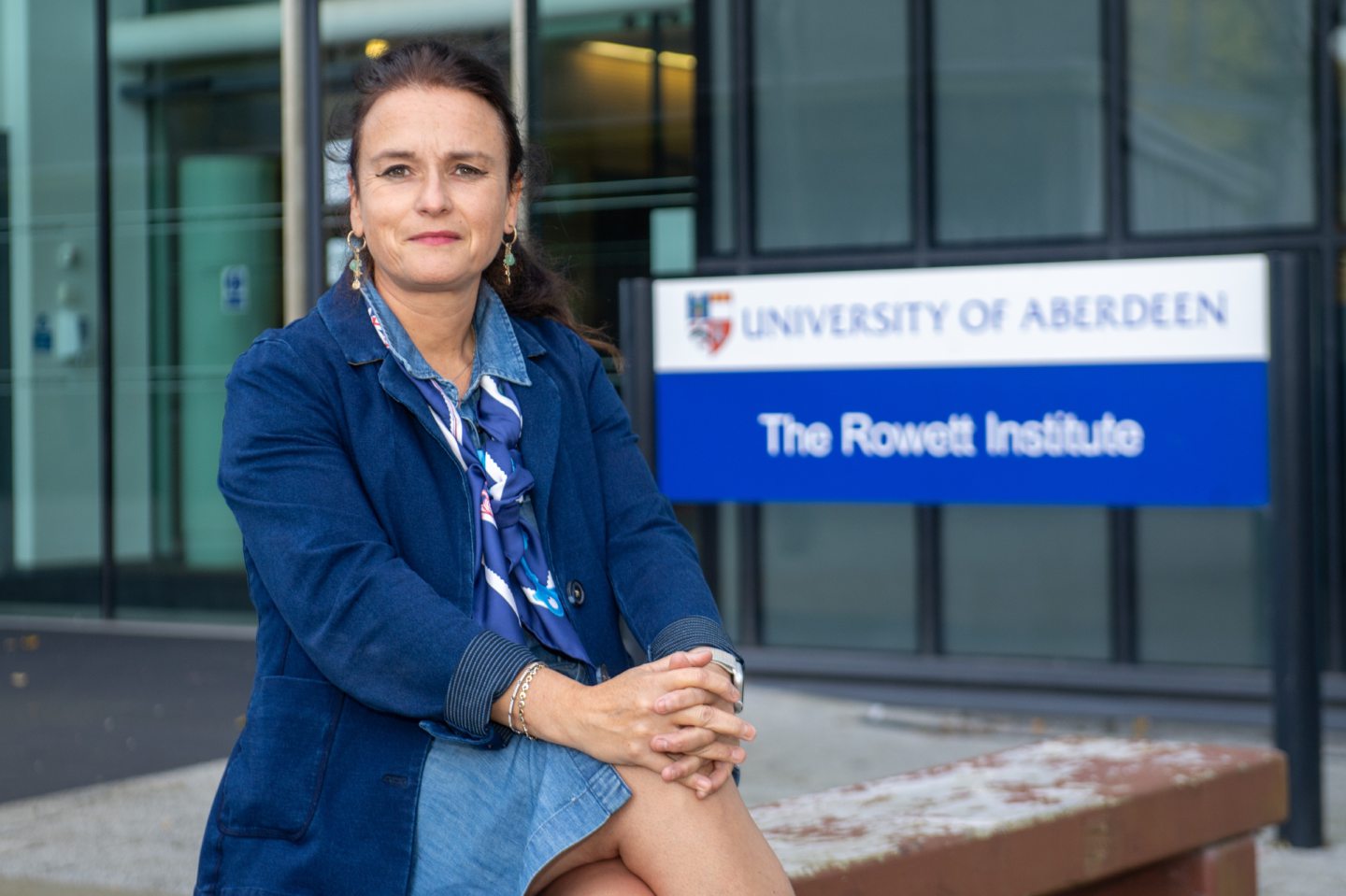
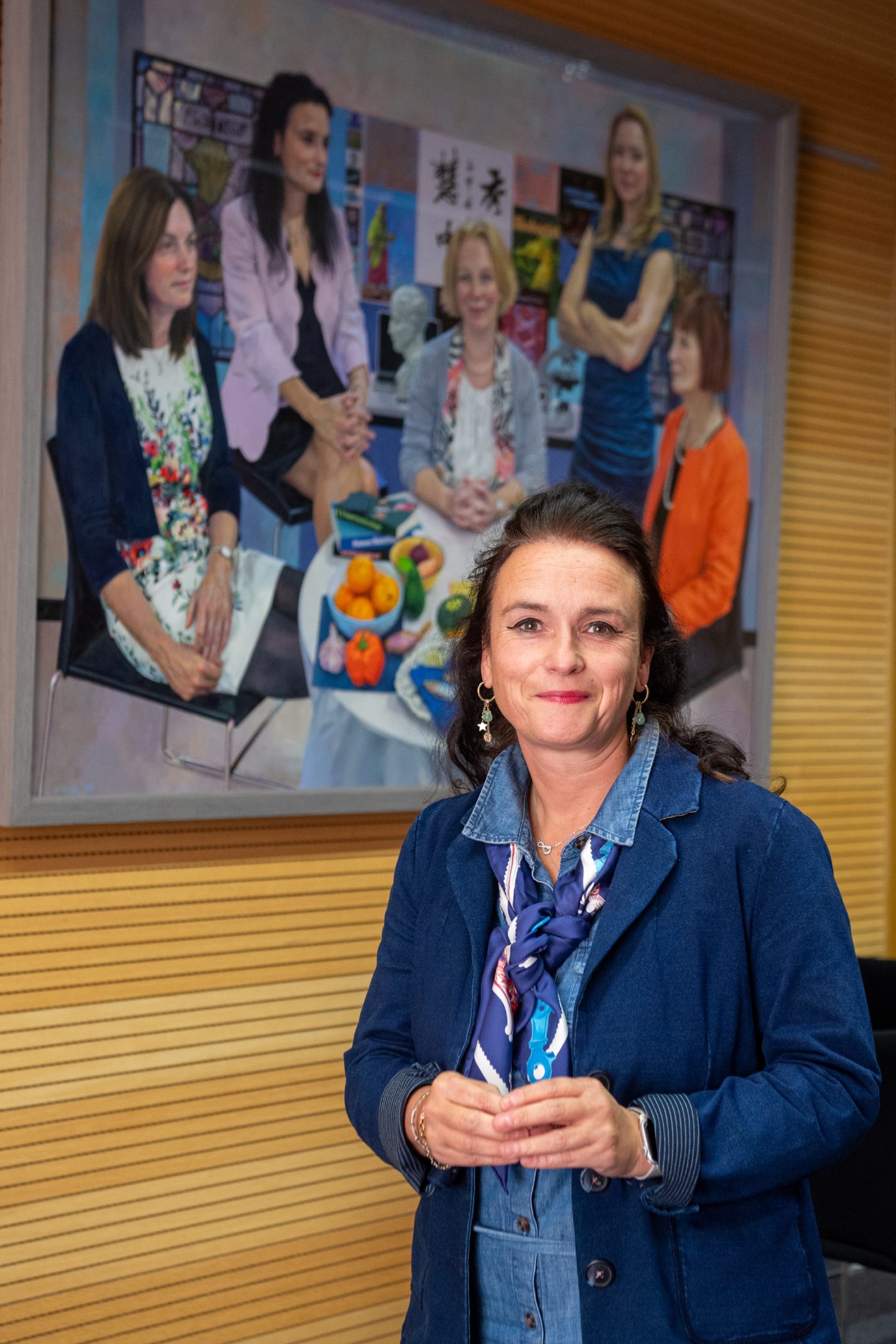
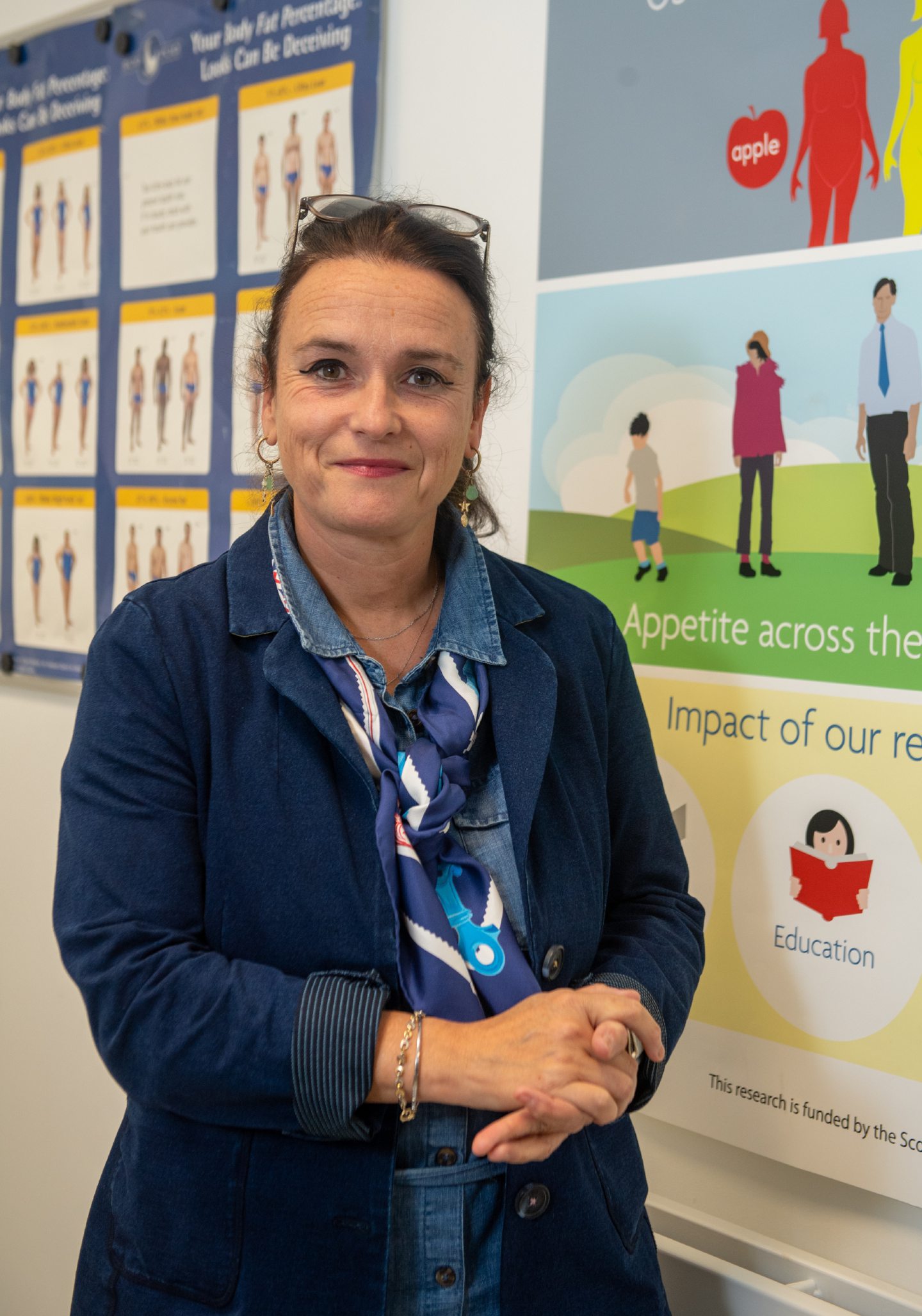
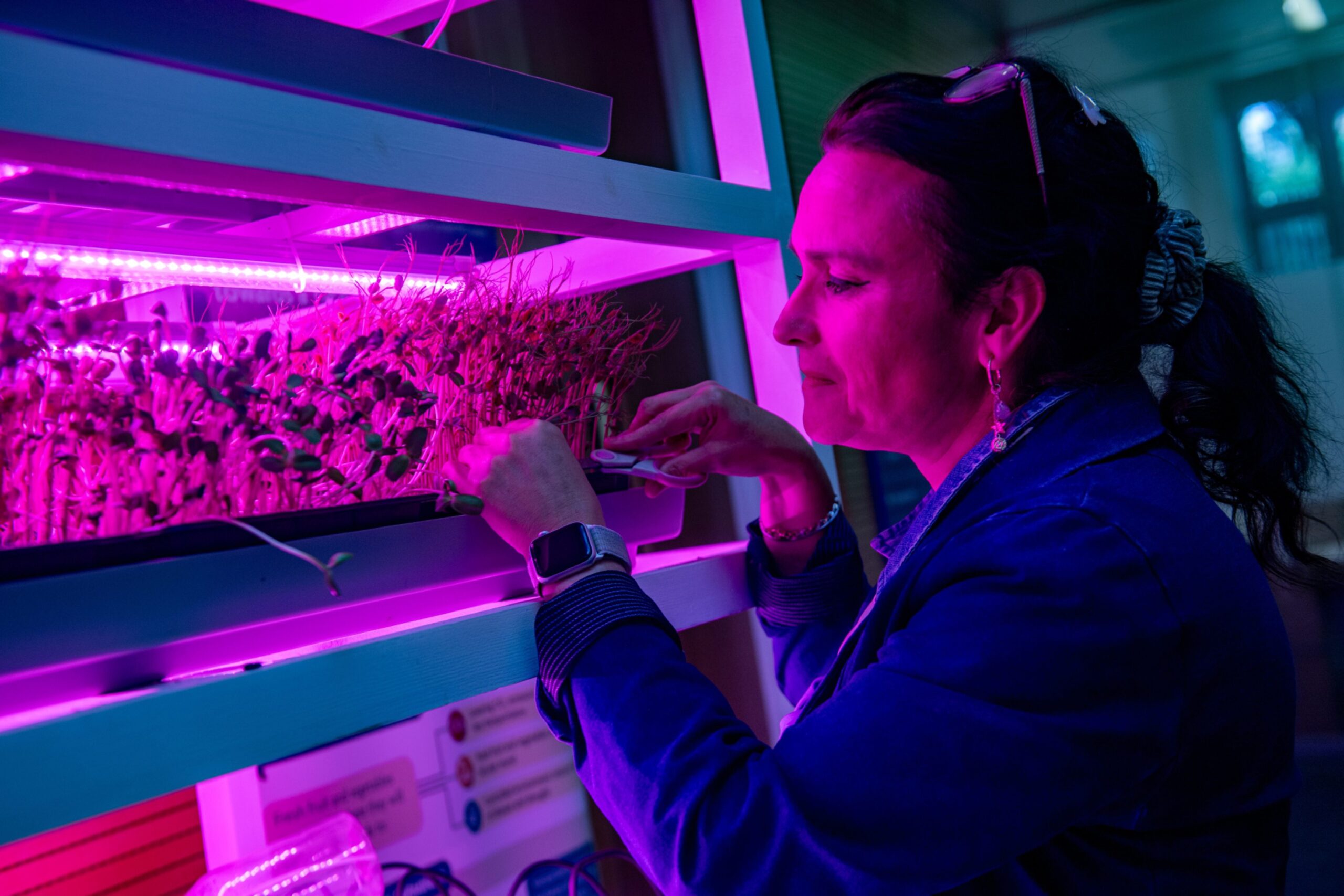
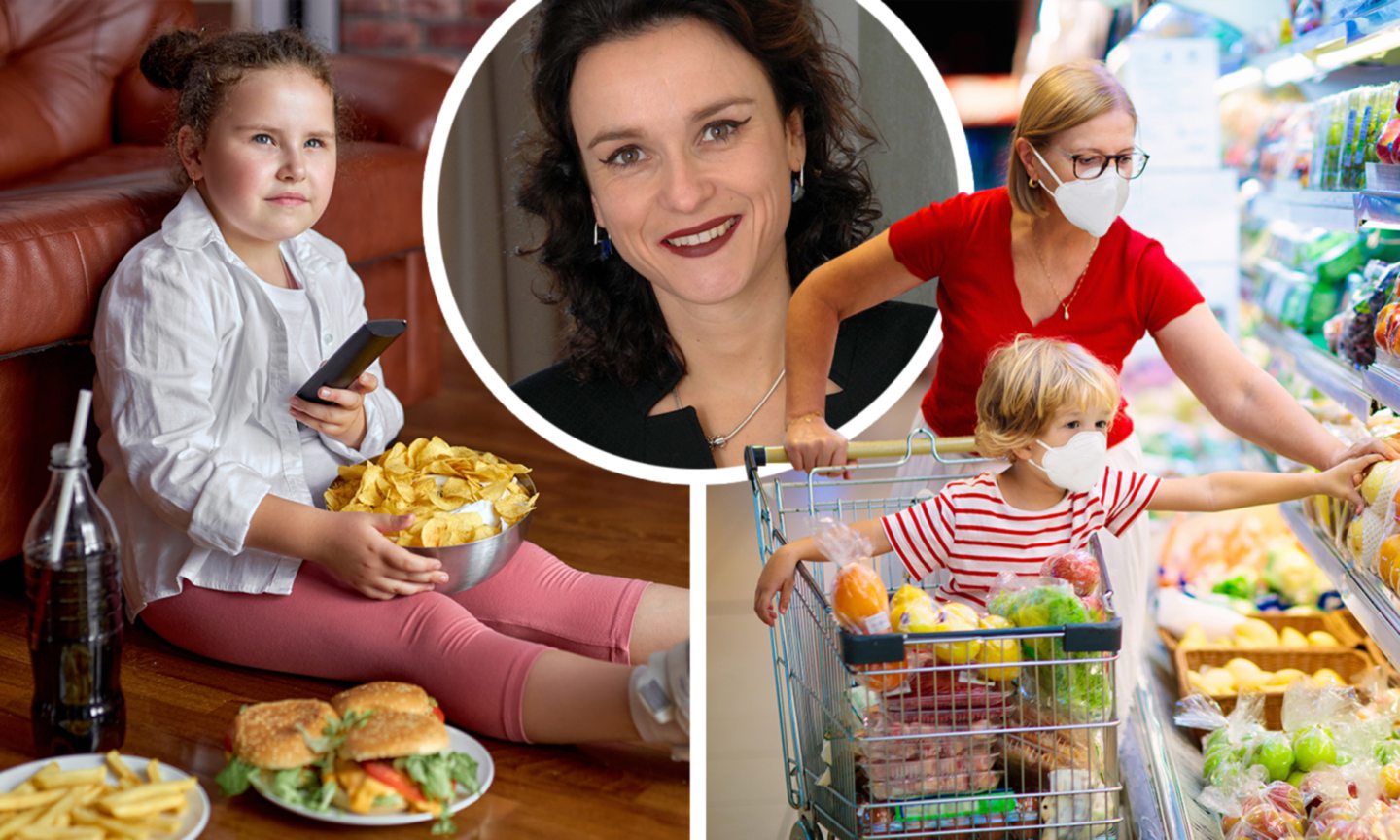
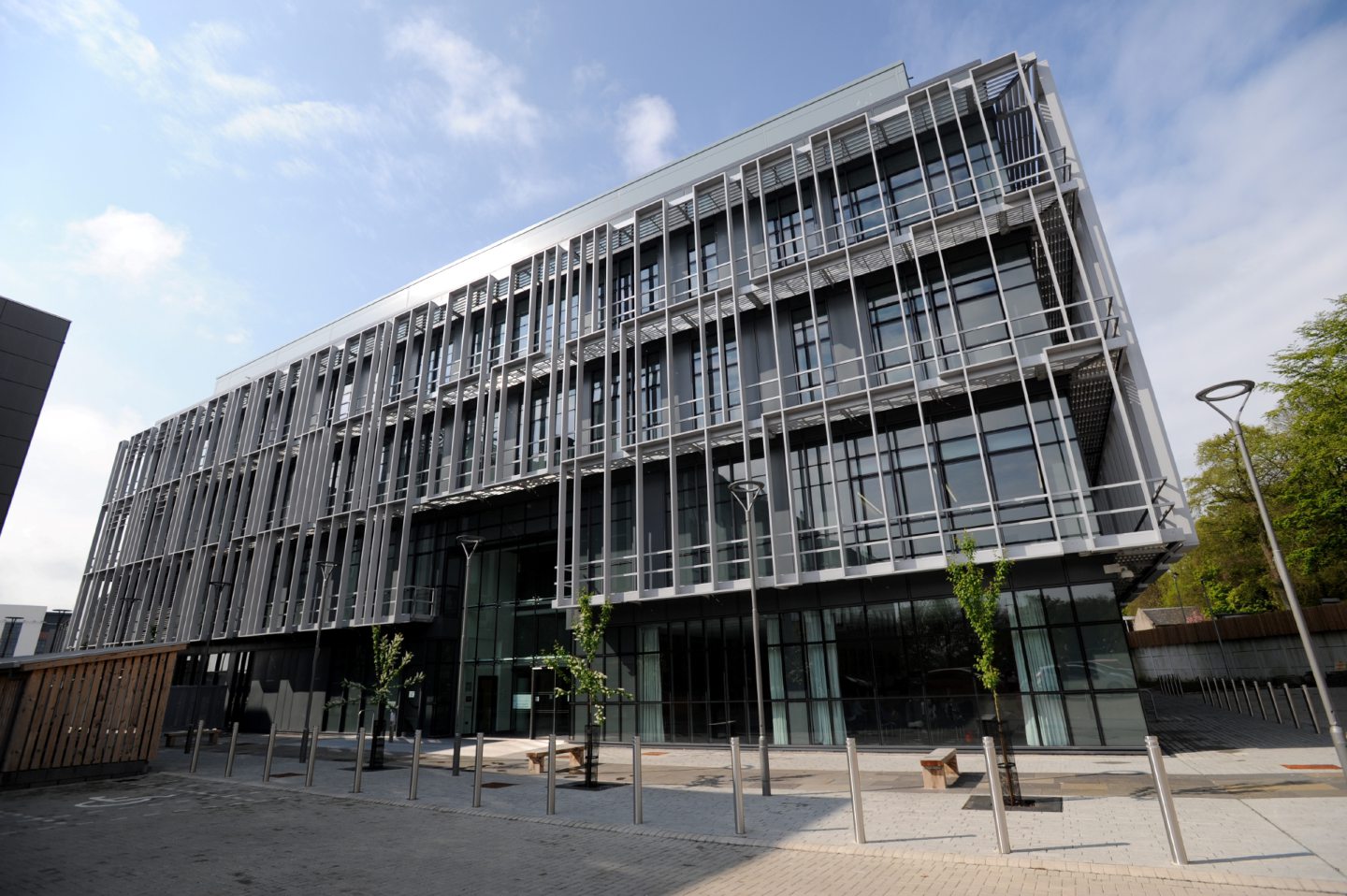
Conversation